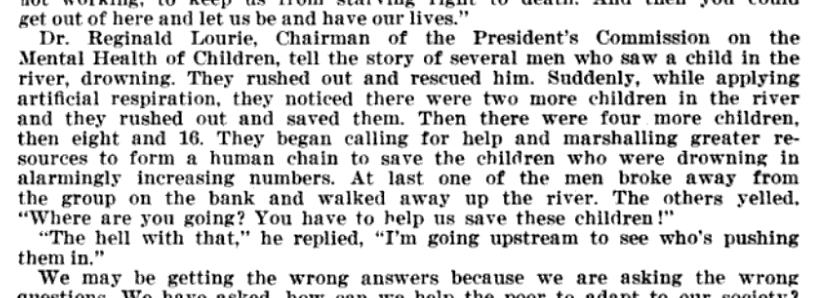
I'm neither a journalist nor a professional fact checker but, the thing is, it's has never been easier to check basic facts. Yeah, sure, there's a world of misinformation out there, but it doesn't take much effort to determine if something is likely to be true. There are brilliant tools like reverse Image Search which give you a good indicator of when an image first appeared on the web, and…
Continue reading →

Yet more MSc yak-shaving. I'm currently reading Melissa Schilling's book "Strategic management of technological innovation". In a passage talking about customers' resistance to new inventions and the destruction of domain knowledge, it talks about the invention of the Dvorak keyboard. Supposedly better than the QWERTY keyboard - but ignored by the majority of customers. August Dvorak is said…
Continue reading →

I see this quote pop up occasionally: World of Engineering@engineers_feedNikola Tesla's last message to his mother: "All these years that I had spent in the service of mankind brought me nothing but insults and humiliation." pic.x.com/OmfbsC5GHR❤️ 21,733💬 367🔁 022:00 - Sun 25 July 2021 But what's the source of it? The most prominent source appears to be this article from March 2015 in Telegraf.…
Continue reading →

More yak-shaving for my MSc. A book I read was discussing data pipeline problems. How so much of the work of ETL is cleaning up crappy data and reformatting it to something useful. We should be going to the source of the data, the book suggested. Rather than wasting time cleaning - get better at production. Or, as it pithily put it: Whenever I see a generic quote like that, attributed to an…
Continue reading →




